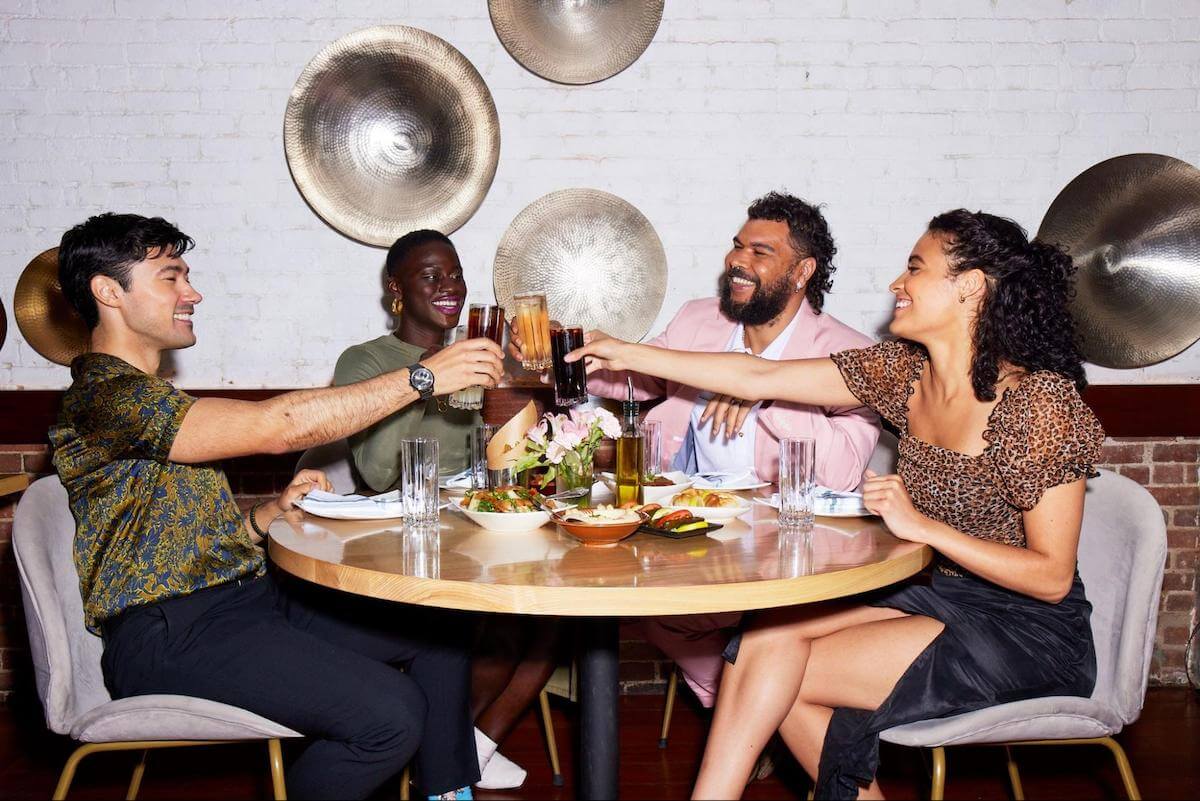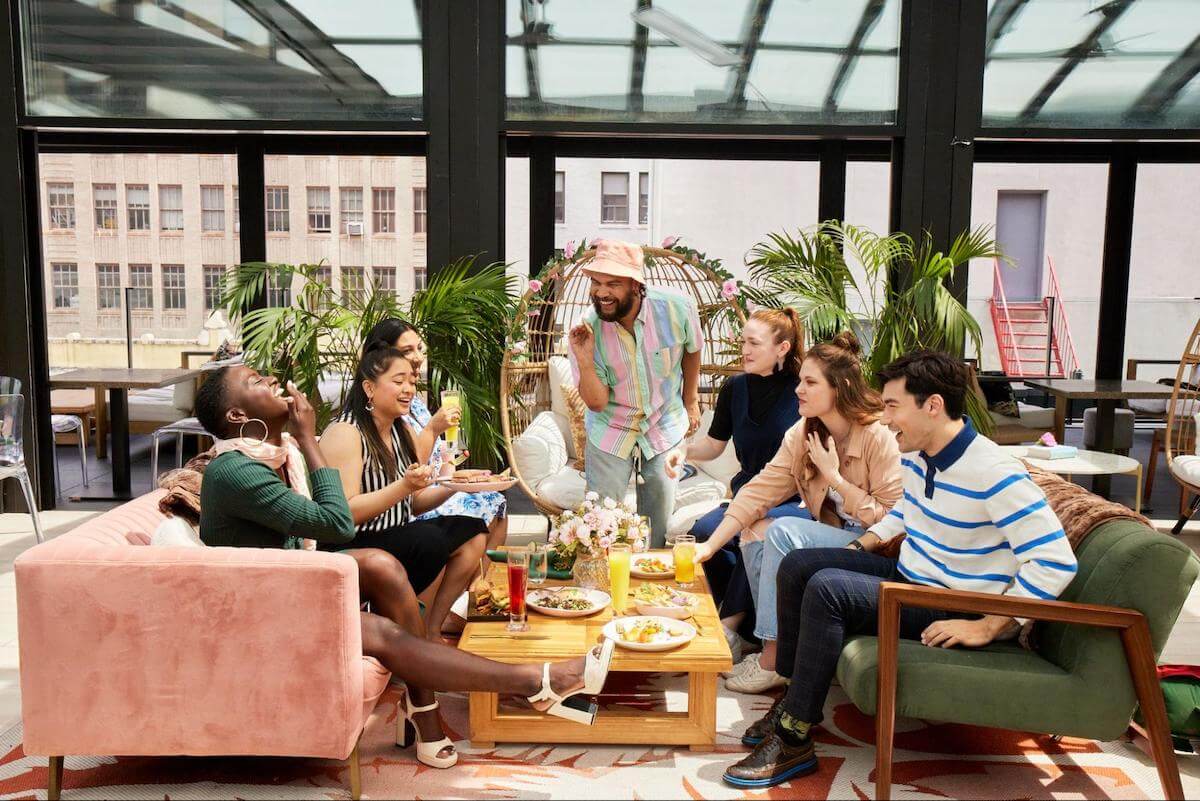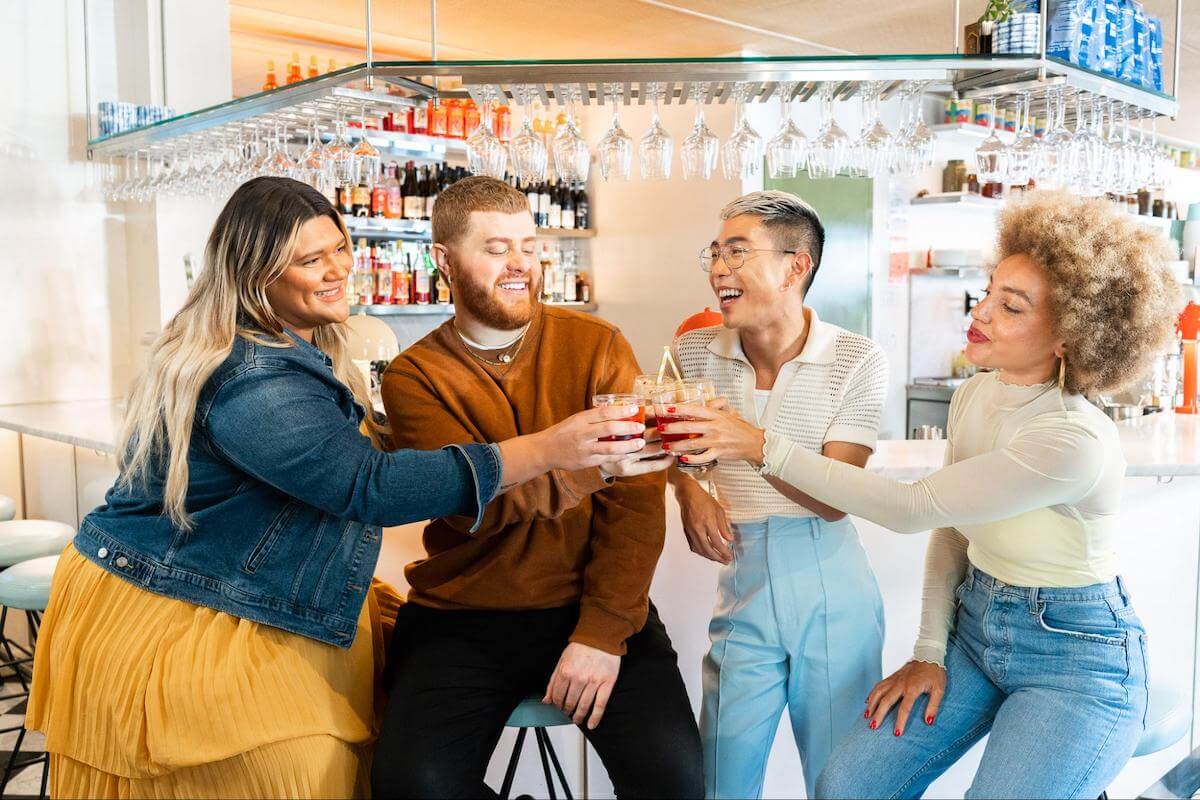Off-premise sales: Current laws and best drinks to sell [2023]
Off-premise alcohol sales were long relegated to a few localities in the country, and things like takeaway cocktails were something most people and places could only wish for. Laws controlled off-premise sales and while the strictness of said laws varied from state to state, in general, alcohol sold by a restaurant had to be consumed on premises.
That changed during the pandemic, however. With delivery becoming significantly more popular as well as critical to the survival of the restaurant industry, many states relaxed laws governing off-premise alcohol sales. At the time, it was uncertain whether the newly relaxed laws would remain in place or if things would go back to “normal.” As it turns out, there has not been much push to reinstate the previously strict off-premise sales laws, and now a majority of states allow for off-premise sales like takeaway cocktails.
In 2020, during the pandemic, many states—starting with New York—decided to relax restrictions on off-premise sales to help struggling food and beverage operations stay afloat. Some income is certainly better than no income, so what would typically be on-premise establishments were allowed to sell takeout or delivery cocktails, or bottles of beer, wine, or spirits.
Perhaps not surprisingly, the alcohol industry boomed during the pandemic, and sales are still up from 2019. Restaurants can capitalize on that and the new option for off-premise sales. It’s good news for restaurants.
Despite the recent changes, the U.S. system of regulations that governs alcohol sales is still notoriously Byzantine, however. It’s a patchwork within a patchwork, with different states having unique laws, and different counties and cities within states having further unique laws.
But once you know the regulations in your area, you might want to get in on the off-premise sales boom. If you’re looking to boost your profits and add another potentially valuable asset to your business model, off-premise sales can help draw in extra money.
Let’s take a look at what off-premise sales are, how we got here, what you might want to sell, and what this part of your menu might look like moving forward.
What are off-premise sales?

The term “off-premise sales” refers to something sold from a business that’s consumed or used away from the four walls of the establishment. In practice, the term is usually used for alcohol sales. If on-premise sales means someone drinking a cocktail or a beer in a restaurant, pub, brewery, or bar, off-premise sales means someone taking the beverage home and consuming it there instead.
The concept of takeaway cocktails was a fairytale for many until very recently, except for denizens of unique cities—notably New Orleans and Las Vegas. If customers wanted a cocktail in most states, they either had to drink it on premise or purchase liquor at a liquor store or grocery store (depending on their state) and make it at home.
In states where Sunday liquor sales are still prohibited in stores but off-premise sales are legal, customers can still order to-go alcohol from restaurants.
How did off-premise sales become more common?
It’s impossible to overlook the impact that the pandemic had on the food and beverage industry. The estimated 4 million workers and business owners in the more than $20 billion industry faced an extremely uncertain future. The distillery, winery, and craft beer industry was hit especially hard by shutdowns as tastings, tours, and the like were a large part of the business model. But every part of the F&B industry suffered, including restaurants, pubs, and bars.
Allowing off-premise liquor sales allowed for some incremental revenue to help businesses survive. In March 2020, New York’s then-governor Andrew Cuomo signed an executive order allowing restaurants, bars, and pubs to sell liquor for off-premise consumption. This order allowed for takeout cocktails, with the only provision being that some sort of food accompany the alcohol.
Other states followed suit and made their own initiatives. According to the Distilled Spirits Council, 37 states and Washington, D.C. currently allow for takeaway or delivery cocktails. As the website further noted, “Arizona, Arkansas, Iowa, Florida, Georgia, Kansas, Kentucky, Missouri, Montana, Nebraska, Ohio, Oklahoma, Oregon, Texas, West Virginia, Wisconsin and D.C. have made cocktails to-go permanent since the onset of the pandemic.”
The trend established during the pandemic is here to stay and has become a regular part of restaurant operations in many places. Things can still be quite complicated depending on your location: California, for example, only allows delivery cocktails from establishments with a type 47 liquor license, designated for establishments with fully functioning kitchens. That leaves bars out in the cold.
But let’s consider an important question: Why are we just discussing cocktails? Why not focus on off-premise sales of beer, wine, or bottled liquor?
Cocktails, markups, and competing with retailers

Simply put, off-premise cocktails are the best way for a restaurant to make money from off-premise sales. Sure, being able to deliver a beer or a bottle of wine with a meal may help with dollar sales, but the profit margin just isn’t there to be a game changer.
Consider: The average profit margin for beer at a restaurant, pub, or bar, is around 75-80%. The average profit margin from a cocktail is around the same, though can sometimes be much higher. Wine falls roughly in the same category. On average, the markup for all alcoholic beverages is usually around 300% over cost in the U.S.
So, again, why focus on cocktails when a restaurant can deliver beer or wine at equal markup?
The answer is this: You won’t be able to compete with traditional distributors like liquor stores or grocery stores for any significant volume. Customers know they can get their wine and beer much cheaper from their normal off-premise retailers, like convenience stores, who are working at a much thinner profit margin because they have much lower overhead.
Those same liquor stores, however, do not sell fresh, ready-made cocktails. That gives you a clear competitive advantage over the liquor store, even if you’re a brand-new restaurant.
There’s another reason, however, and it’s related to raw dollar sales. Typically, a beer is significantly cheaper than a cocktail at a restaurant. So, if a restaurant is going to sell one drink to accompany a meal, it’s much better off selling one high-priced cocktail than a low-priced beer, even if the profit margin is similar.
Offering off-premise wine can certainly be profitable as well, but in rarer circumstances. It’s an option for restaurants well known for their wine selection or if the restaurant offers wine pairings. Selling a bottle of wine for off-premise consumption takes very little effort—no cooking, no mixing, not even pouring. So, it’s also a viable way to make a few extra dollars without incurring additional cost.
One could reasonably argue the same for bottled liquor, but very few customers will be willing to pay restaurant costs for a bottle of liquor they know they could buy for cheaper at a liquor store. Delivery or takeaway liquor at high markups will likely never be a viable business model.
That doesn’t mean you shouldn’t offer delivery beer or wine—by all means, put canned or bottled craft beer on your delivery menu and let customers order it if they want. However, it’s unlikely that such a move will be a significant boost to profits when compared to cocktails. And it’s probably unwise to offer standard beers that can be purchased at any convenience store or gas station.
Off-premise beverage sales: Here to stay

Unless there is significant initiative from state governments to return to restrictive off-premise liquor laws, we can safely assume off-premise sales are here to stay. Hooray! That’s excellent news for restaurants, which now have an additional revenue stream to tap into. Restaurants can also develop partnerships with local distillers and liquor suppliers to help with sales strategies and promotions. Having a robust cocktail menu for delivery can make for excellent social media marketing strategies and boost engagement metrics.
Get ahead and stay ahead with off-premise sales
Before any restaurant or other food and beverage establishment begins selling off-premise alcohol, we strongly encourage them to make very sure the laws in their specific area allow for it. Again, laws can vary between states, counties, and cities, so get clear with your local law enforcement on what’s allowed.
If you’re looking to boost your off-premise sales in general, Yelp for Restaurants can be a significant help. Using front-of-house solutions that integrate with delivery apps and POS systems can help streamline your operations. Restaurants that use Yelp Guest Manager and Yelp Ads experience up to a 17% monthly lift in diner bookings through Yelp.
Want to see just how Yelp for Restaurants can help boost sales and turn customers into regulars? We’ll give you a free demo to show you more.